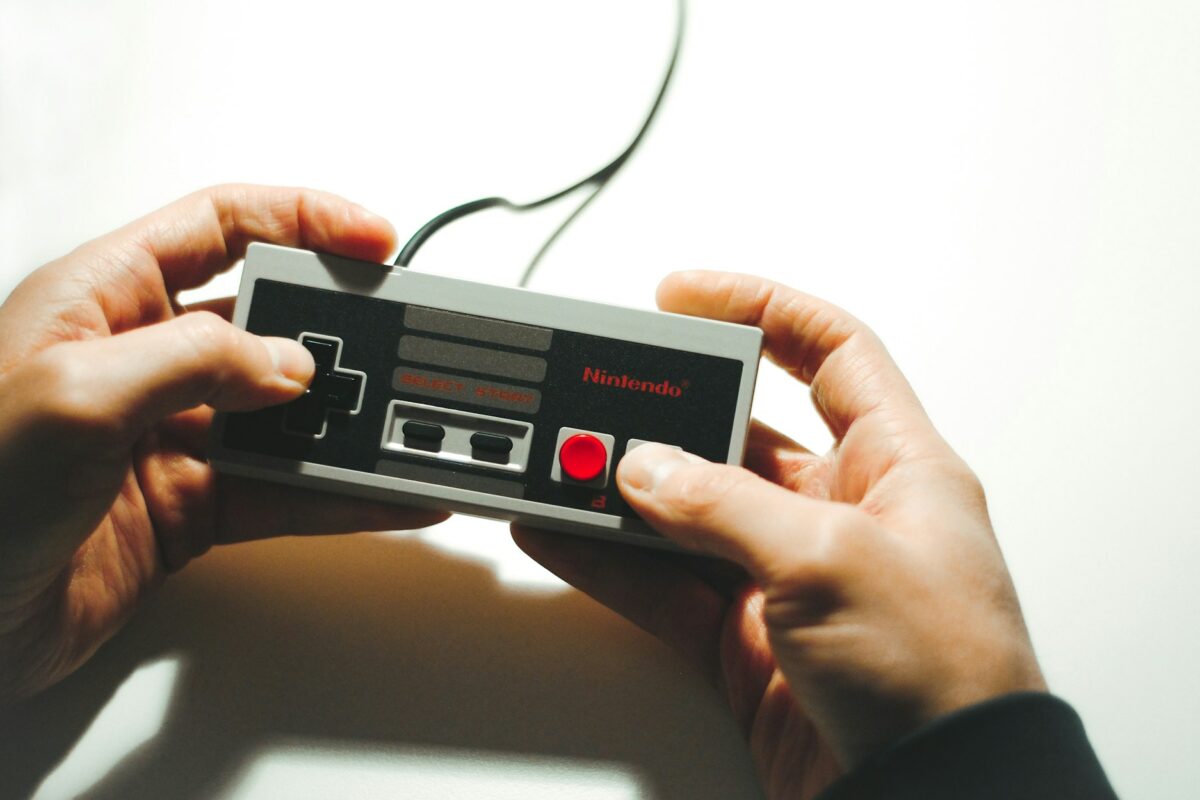It’s not what most company CMOs and brand champions want to hear. But I have to say it anyway:
Consumers care more about categories than they do about brands.
What? You might be thinking. You’re a branding expert. Isn’t it hypocritical of you to say that brands aren’t that important?
Not really. Consumers love categories, but they refer to these categories by brand names. Inside the consumer’s mind, the brand is just a shorthand device for the category. A consumer thinks, I’ll impress my friends by ordering an ultra-expensive vodka. But that’s not what he or she says to the bartender. “I’ll have Grey Goose on the rocks.”
Brands succeed not because of love but because of location.
Brands are simply an efficient means to an end. And powerful brands are those that stand for and represents a distinct category or concept in consumers’ minds.
In an over-complicated world, we search for simplicity wherever we can find it. And great brands provide that in spades.
You want “cheap chic,” just say Target.
You want an “energy drink,” just say Red Bull.
You want “performance athletic wear,” just say Under Armour.
You want a “professional all-day laptop computer,” just say Lenovo. (Wait a minute, they didn’t use the strategy I suggested in my last post yet. But imagine if they did, how terrific a brand it would be?)
Too many company managers are too much in love with and too focused on their brands. And management thinks, we consumers are in love with their brands, too.
But we’re not. We are only in love with the ideas, concepts and categories that brands represent in our minds.
Therefore the key to building and maintaining a brand is to be sure the category and idea your brand represents is vibrant, relevant and frequently thought about.
Look at Dell, a company in trouble. Dell is in trouble because it stands for a category in trouble. In the mind, Dell means desktop computers sold direct.
When businesses were buying customized desktop computers by the truck load, Dell was the number-one computer company in the world. Everyone assumed Dell was a platinum brand and whatever products the company offered, consumers would think they were great.
So Dell began to market computers to consumers with advertising like “Dude, you’re getting a Dell!” They compounded their troubles by also trying to sell a wide range of products including television sets and MP3 music players.
As you probably know, “Dude, you’re getting a Dell” fell flat along with other sales initiatives at Dell. Today Dell’s sales are down, Dell’s stock is down, and Hewlett-Packard is now king of computer hill. Michael Dell even fired his CEO and is now back in charge at Dell.
Dell, a brand in trouble? No. Dell is a category in trouble. If we all wanted desktop computers for our companies, Dell would still be on top.
Unfortunately, today most business people as well as consumers want laptop computers. Business is going mobile and global. So instead of laptops, many companies give employees laptop computers. Today’s laptops last longer, have more memory, more power, cost less and allow you to work from home, the airport or on vacation.
Sure Dell has launched laptop computers to meet this demand. But here is where the problem lies. In the mind, the Dell brand doesn’t mean laptop. It means customization and buying direct which happen to be two things inconsistent with buying a laptop computer. Most laptops are too small to allow for much change and most people want to feel and touch a laptop before purchasing the product.
No matter what Dell does, the brand is in trouble because the category is in trouble.
No brand owns the laptop idea today because no brand has focused on it. Compaq had a great opportunity. (They had the name and the cute nickname “the luggable computer.”) But they gave up on that focus and started to sell all types of personal computers until they finally threw in the towel and merged with Hewlett-Packard.
Toshiba had a great opportunity. At one point, Toshiba was the largest seller of laptop computers (and may well be so today.) But like Compaq, they also got into the desktop market. Furthermore, the Toshiba name is tarnished because the company sells a broad range of products under that name.
That’s why Lenovo has such an outstanding opportunity. If they focused on their ThinkPad brand name, they would have the perfect product, the perfect name and the perfect opportunity to dominate the laptop category. That’s how you use a category to build a brand. But the only way to lay claim to a category is by having a focus. If you make a full line of products for all types of consumers, you haven’t laid claim to anything and you will never own any real-estate in the mind.
So what is a once high-flying company like Dell to do if it sees its category sliding?
Launch a second brand to ride the new opportunity and let the old category drift with your existing brand.
That’s what Dell should have done. That’s what Kodak should have done. That’s what Toyota did.
Toyota, the reliable, affordable but slightly boring Japanese car company, made itself both luxurious and cool. But not with the Toyota brand. The company did it by launching the Lexus brand at the high end for the luxury market and the Scion brand at the low end for the youth market. (And today they dominate both markets.)
Much has been written about the success and brilliance of the Apple stores. How they demonstrate the power and consumer love of the Apple brand.
It’s just the opposite. Apple stores are strong evidence of the power of the iPod category. High-capacity MP3 players are a hugely vibrant and relevant category today. (Apple has sold more than 100 million iPods.)
Certainly Apple stores do an excellent job of promoting Apple products, giving great service and excellent technical support. But without the success of the iPod category, Apple stores would be just like Sony stores, empty. No matter how cool the décor.
Some branding experts say Sony needs to get consumers to love its brand again, just like consumers love the Apple brand. But the only way Sony can do that is by dominating a category people are in love with or willing to fall in love with. Instead, Sony sells a full line of products to all types of consumers and is getting no love.
As Apple iPods become more mundane and as Apple iTV and iPhone devices fail to generate much excitement, we will see how successful Apple stores continue to be. If I were Apple, I would make my stores iPod stores, focusing on music and players.
With Tower Records gone, kids have no place to hang out. And nothing works better than music in drawing a crowd. I would promote music in order to get people to buy more, listen to more and keep my music category vibrant. Because we all need a little love in our lives. And the way to brand “love” is by building and maintaining lust for a category.
The Blake Project Can Help: Accelerate Brand Growth Through Powerful Emotional Connections
Branding Strategy Insider is a service of The Blake Project: A strategic brand consultancy specializing in Brand Research, Brand Strategy, Brand Licensing and Brand Education





One comment
O.S
July 23, 2007 at 7:34 pm
This article, I have to say, feels very very distant to me. Not to say it doesn’t have a point (a brand name being equal to the category is of course the ultimate situation). The thing is, and this happens a lot when we discuss brands and brand strategies; we mention some super brands and base arguments on that. Come on, Dell, Apple, Nike – they cannot be the basis and measurement when discussing brands and how to manage, steer and (hopefully) plan their future (even though that future most certainly cannot be planned for as there’s that other force and owner of the brand).
And, in the iPod case, Apple should continue doing EXACTLY what they’re doing. The strength of iPod pulls the rest of Apple with it (I’m an example – PC guy to the core, working with digital brand communications my whole life – and PC does that better than mac – my iPod was the first step to getting a mac). Mac cannot be compared to Sony. Sony has yet to understand what Apple has understood all along. Less is more, design is a big part in our lives, we love beautiful etc etc. Apple now produces a lot of products (iTV, iPod, computers, and the Pro-line, screens etc) but NOT AS MUCH AS Sony. Mac is still “on track” and they are very focused. Sony is very unfocused, and that shows in sales (as far as I know) and in perceived brand and essense. The mac ads on TV itself is right on the Apple track.
And the Dell example is very untrue in my world. They are very very effective and simple to deal with. If we need a new laptop to the office, and it doesn’t have to be a Vaio (they do have very good screens), it’s a Dell. For a reason.
But hey, that’s just my opinion.
Regards,
Comments are closed.